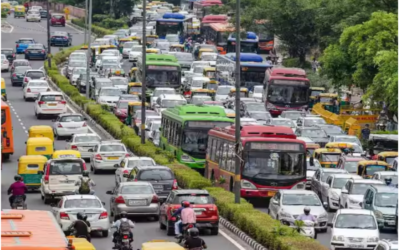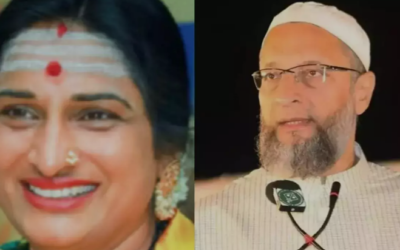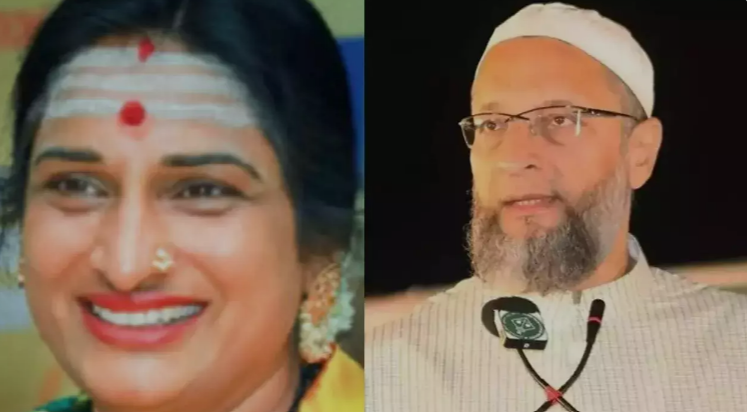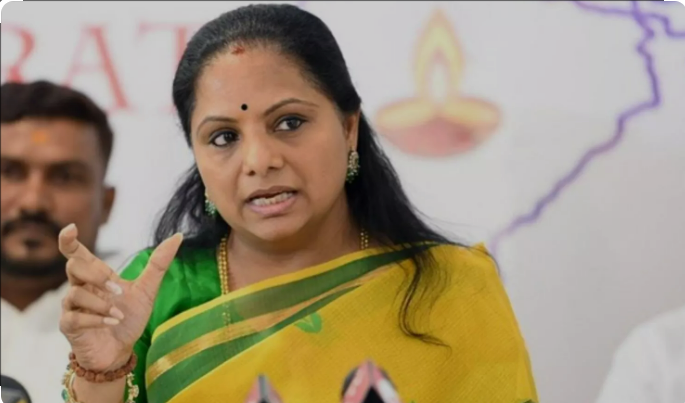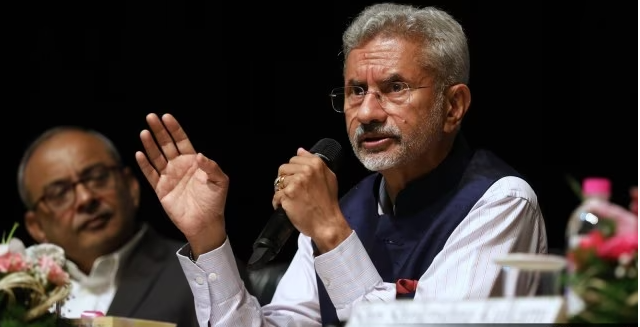Telangana Assembly Passes Resolution for Caste Survey

On Friday, the Telangana assembly unanimously passed a resolution calling for a thorough household caste survey. This survey aims to facilitate socio-economic, educational, employment, and political advancements for the Other Backward Classes, Scheduled Castes (SCs), Scheduled Tribes (STs), and other marginalized groups within the state.
The caste census was one of the assurances offered by the incumbent Congress party during the lead-up to last year’s state assembly elections. As a result, Telangana is set to become the third state, following Andhra Pradesh and Bihar, to conduct such a caste-oriented enumeration.
The resolution, introduced by State Minister Ponnam Prabhar for backward classes, was passed following a discussion in the assembly.
The resolution states the intention to conduct a thorough door-to-door household survey encompassing various aspects such as socio-economic status, education, employment, politics, and caste demographics across Telangana. Its purpose is to facilitate the planning and execution of inclusive development initiatives for backward classes, SC & ST communities, and other vulnerable groups in the state.
During the assembly session, Prabhakar emphasized the significance of collecting caste-related data to ensure targeted welfare programs and fair distribution of resources. He highlighted the importance of this initiative for the advancement of marginalized sections. Although the responsibility of conducting a caste census lies with the central government, the state has taken the initiative considering its unique circumstances. This survey aims to address the needs of SCs, STs, BCs, and other underprivileged communities effectively.
He reminded the gathering that the Telangana cabinet, on February 4, had approved the decision to conduct a thorough household survey to enumerate castes within families.
During the discussion, Chief Minister A Revanth Reddy encouraged all members to contribute suggestions for the initiative.
Deputy Chief Minister Mallu Bhatti Vikramarka emphasized the significance of caste enumeration as a fundamental step for the development of Other Backward Classes (OBCs).
While senior Bharat Rashtra Samithi (BRS) lawmaker Kadiyam Srihari expressed support for the resolution, he proposed that the exercise be termed an “OBC census” instead of a “caste census”.
Another BRS legislator and former minister, Gangula Kamalakar, called for the government to pass legislation rather than merely passing a resolution. He also urged the chief minister to disclose the timeline for completing this exercise and when OBCs would receive proportional representation in the legislature.
The recent Bihar caste survey, the first of its kind in independent India, successfully accounted for all castes. It revealed that OBCs constitute 63.13% of the state’s population, while SCs and STs make up 19.65% and 1.68% respectively. “Upper” castes represent 15.52% of the population.
Following this, the Bihar government increased reservations to 75% in government jobs and education. Legal challenges to the survey are currently pending before the Supreme Court.
On January 19, the Andhra Pradesh government initiated a project aimed at compiling a comprehensive database of individuals categorized by their castes.
